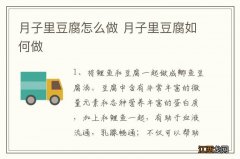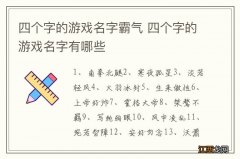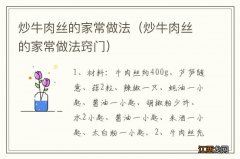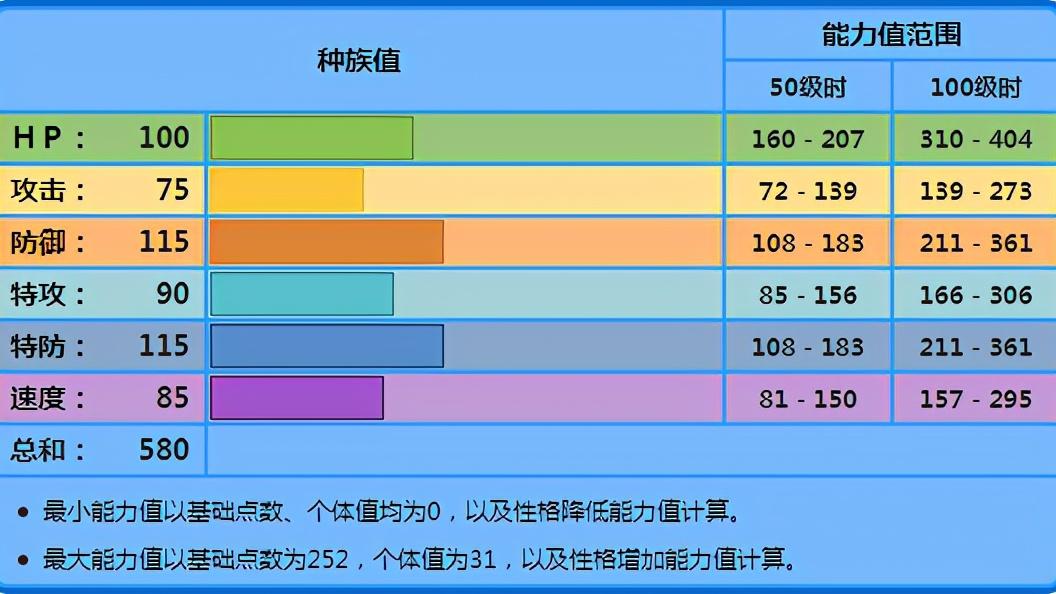根据其后是否带宾语,动词可分为及物动词(带宾语)和不及物动词(不带宾语):Everyone laughed. 大家都笑了 。(laugh不带宾语,为不及物动词)He bought a dictionary. 他买了一本词典 。(buy带了宾语,为及物动词)【注】有的动词既可用作及物动词也可用作不及物动词:I drank some brandy.我喝了一些白兰地 。(及物用法)He has been drinking again.他又在喝酒了 。(不及物用法)
根据其含义和句子功用,动词可分为实意动词和非实意动词(包括时态助动词和情态助动词等):He likes reading story books. 他喜欢看故事书 。(like和read为实意动词)He has read the story book. 他已读过这本故事书 。(has为时态助动词)He should read the story book. 他应该读读这本故事书 。(should为情态助动词)
【英语动词】根据其是否为主语所限定 , 动词可分为限定动词和非限定动词 。限定动词在句中可用作谓语,而非限定动词则不用作谓语(用作主语、宾语、补语、状语、定语等),非限定动词包括不定式、动名词、分词三种:He likes English. 他喜欢英语 。(like为限定动词)I hope to see you this evening. 我希望今天晚上见到你 。(to see为非限定动词)The house needs repairing. 这房子需要修缮 。(repairing 为非限定动词)He had his wallet stolen on the bus. 他的钱包在公共汽车上被偷了 。(stolen为非限定动词)
根据词义特点,动词可分为动态动词和静态动词,动态动词主要指动作动词,而静态动词则主要指表示情感、内心活动、感觉、相互关系等的动词:I worked there for five years. 我在那儿工作了五年 。(work为动态动词)He no longer lives here. 他不再住这儿了 。(live为动态动词)I know he is honest. 我知道他是诚实的 。(know为静态动词)Everyone likes the book. 大家都喜欢这本书 。(like为静态动词)The house belongs to Mr. Smith. 这房子是史密斯的 。(belong为静态动词)
根据动作是否延续,动词可分为延续性动词和非延续性动词:It rained for three days. 下了三天雨 。(rain为延续性动词)He left here three days ago. 他三天前就离开了 。(left为非延续性动词)【注】除以上类别的动词外 , 英语中还有连系动词、反身动词、






![不思议迷宫2021国庆节定向越野攻略大全 帝国庆典定向越野通关打法攻略[多图]](http://img1.jingyanla.com/220422/160U44261-0-lp.jpg)










